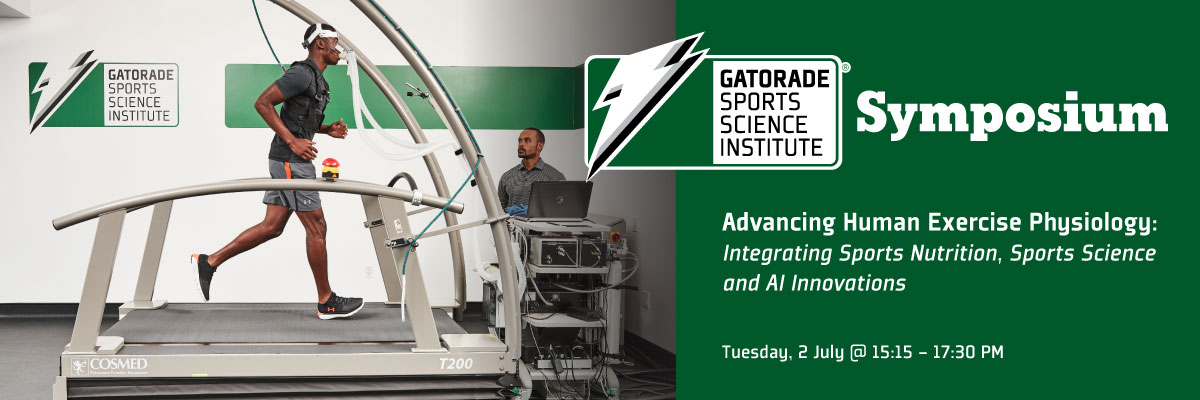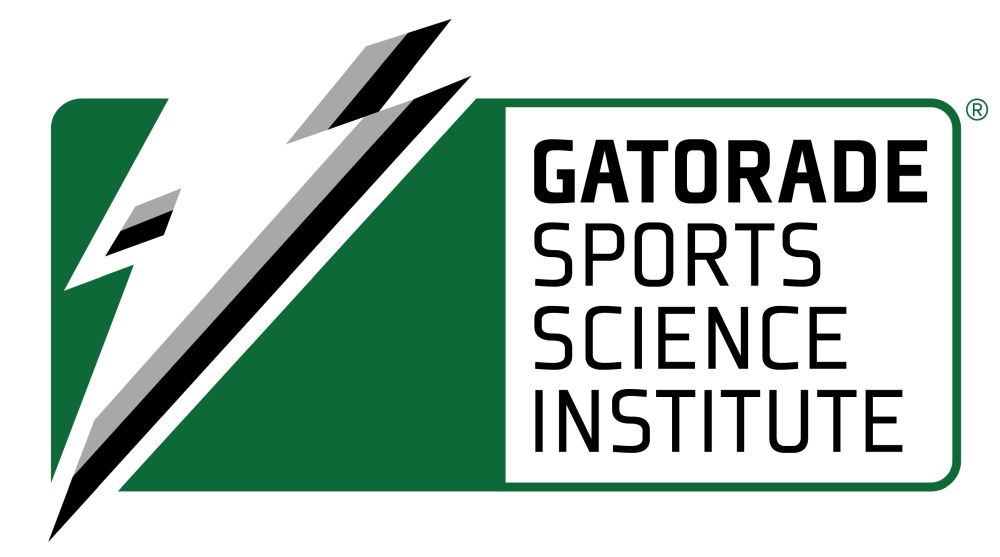The 8th ECSS Bengt Saltin Charity Run is organised in honour of ECSS Founding Member and Patron, Professor Bengt Saltin. Due to the legal requirements for competitive sporting events in Scotland, the Bengt Saltin Run will take place under the motto of a social run again and only registered persons can participate. All funds will be donated to ‘Scottish Disability Sport’ – which works with people of all ages with physical sensory and learning disabilities to encourage their participation in sport and widen the range of activities available. They help to create the pathways from grass roots to elite level sport for disabled athletes. Read more here.
During the run and course details
The run will take place in the Kelvingrove Park on Thursday, 4 July at 07:00. The total distance of the course is 5.4 km (3.4 miles), divided into three laps. There will be volunteers along the course at designated points. Below is a map of the course. Please make sure you arrive readily dressed and prepared at 6:45 at the latest.
Start and Finish Line: ECSS arch – Kelvingrove park (Lat:55.870580, Lgn:-4.283445)

The Glasgow University Union generously allows us to use their lavatories and a storage room during the event in 5 minutes walking distance to the start and finish line. You can store your belongings in this room prior to the start of the run but please note that we assume no liability.

Paid parking is available at Kelvingrove Art Gallery and Museum, close to the start of the course. There are also several 24/7 automated bike hire stations close to the start line, operated by OVO Bikes. More information is available here. Public transport opportunities can be found here.
We are not permitted to use an official time tracking service for a social run, but for those of you who would like to challenge yourself or even compete against your colleagues or fellow participants, we invite all runners to download the Strava App and track their running time via their mobile phone/GPS compatible device, to be included in an online ranking. This is completely voluntary, please find further information below.
![]()
Strava App
Strava is an application for recording physical and sporting activities and allows individual time tracking within a group or segment followed by a respective ranking. It is free to download and easy to associate with Garmin and other accounts. Please download the below PDF and follow the instructions, in case you want to be included in the Bengt Saltin Run ranking.
Download Strava App Instructions
After the run
We will of course acknowledge the winners after everybody has finished the run but there will be no official winners’ ceremony due to the social run restrictions. Nevertheless, we invite you to stay until the very end to celebrate a successful event and honour the fastest runners of this year!
Apart from the runners, all congress participants are invited to join the run as visitors to support the runners and experience this great event!
We look forward to seeing you at the Bengt Saltin Run!
ECSS & UWS
Powering performance: New insights in protein science and applications in sports nutrition
Nutrition is an essential component of physical performance, and plays an important role accelerating post-workout recovery. Proteins are a key pillar in sports nutrition, supplying the body with the building blocks needed to support the maintenance and growth of muscle mass.
This symposium will draw on current research findings to highlight innovative strategies for protein in muscle recovery and enhancing performance. In this session our world-leading experts will also dive into the application/translation of the science into real life practice discussing the role of protein in team sports.
Date: Tuesday, 2 July
Time: 10:00-11:45
Session room: Lomond Auditorium
More information coming soon!
Advancing Human Exercise Physiology: Integrating Sports Nutrition, Sports Science and AI Innovations
Human exercise physiology is the cornerstone to understand the demands of physical activity, which in turn provides the rationale to inform accompanying training and sports nutrition interventions. As such, this symposium will open with Prof. Paul Greenhaff sharing his experience and advice on the importance of contemporary human exercise physiology research.
In reflection of these demands Prof. Louise Burke will discuss the corresponding sports nutrition interventions to support exercise physiology. In this talk, evidence informed practice will be covered before discussing those gaps in the literature for research opportunity.
The consequence of the physical demands and physiological response to exercise is a refractory period where the body begins remodeling processes to adapt to the stimulus encountered. Prof. Shona Halson will reflect on why this occasion has grown in importance in professional sport before reviewing interventions to maximise adaptation, as well as speed the restoration of physiological function and the conflict this sometimes ensures.
Finally, it is impossible to avoid the role that Artificial Intelligence (AI) has begun to play in our daily lives, the lives of athletes and research in sport and exercise science. To conclude the symposium, Dr. Ali Boolani will discuss the efficacy, promises and pitfalls of AI and its potential application to the field of both human exercise physiology and corresponding sports nutrition interventions.
Date: Tuesday, 2 July
Time: 15:15-17:45
Session room: Clyde Auditorium
CHAIR
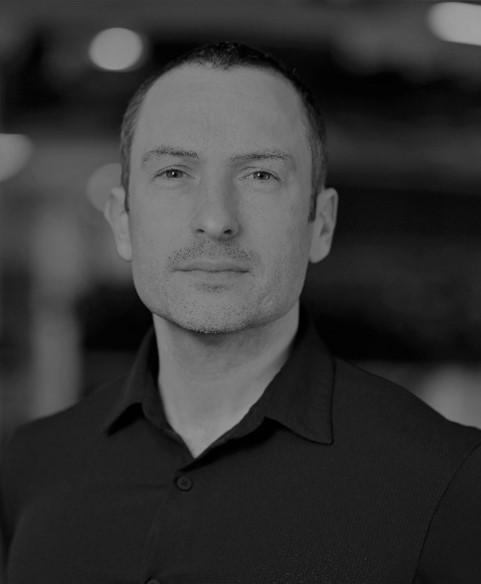
Dr. Ian Rollo
Principal Scientist
Gatorade Sports Science Institute
Leicester, United Kingdom
Read CV
SPEAKERS
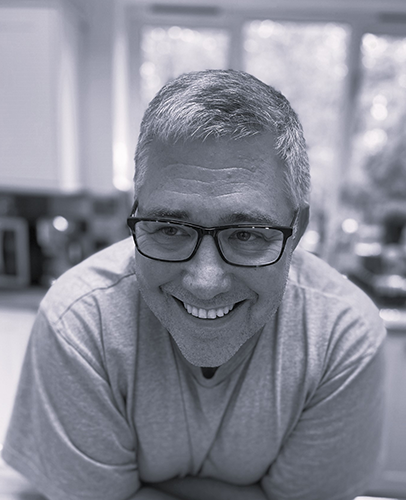
Prof. Paul Greenhaff
University of Nottingham
Nottingham, United Kingdom
Read CV
The Value of Contemporary Human Physiology in Sport and Exercise Sciences
Whilst animal models have provided important mechanistic insight, it is irrefutable that the human is the most appropriate model to understand acute responses and chronic adaptation to exercise intervention in humans. Moreover, advances in non-invasive techniques such as magnetic resonance imaging, combined with powerful ‘omics technologies and stable isotope tracers, now allow us to approach the human as the ultimate experimental model for increasing understanding of human adaptation to exercise, which will be a focus of this presentation. A further focus will be to develop the view that the most impactful advances in the field of sport and exercise science, including human cellular and molecular biology research, will be best achieved when study design and physiological end-point measurements are optimised to bring temporal and tissue specific resolution.
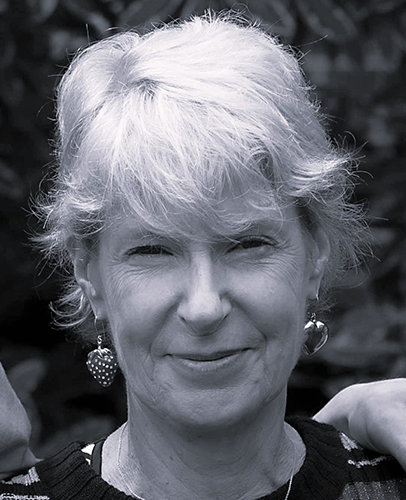
Prof. Louise Burke
Australian Catholic University
Melbourne, Australia
Read CV
Nutrition to Augment Physiology
The Godfather of Modern Fitness, Jack LaLanne observed back in the 1950s that “Exercise is King, Nutrition is Queen. Put them together and you have a kingdom”. Seventy years later, we recognise the wisdom of that statement via an evidence base that ranges from the cellular view of exercise through to world records and gold medals. While exercise provides the major stimulus to the adaptations that make our bodies healthier and better performing, nutrition provides a tool to augment the responses of the muscle and associated inter-organ cross-talk. This session will summarise our latest understanding of three different interactions between nutrition and exercise. The first theme involves our capacity to exercise and recognises that a range of factors related to the exercise task, the athlete and the environment interact to create physiological conditions can constrain the duration or the outputs of the session. Whether this pertains to an athlete’s ability to train hard or to compete optimally, key performance constraints can be addressed by nutritional strategies undertaken before, during and between sessions to reduce or delay the onset of the performance decline. The second theme relates to nutritional support to optimise the adaptation to the exercise stimulus and includes the availability of building blocks and co-factors in the synthesis of new tissues or other proteins. Finally, a new area of interest relates to muscle interaction with other organs and body systems, with a potential role for nutrition in the exercise-associated cross-talk . Examples with relation to sports performance will be provided, in keeping with the presenter’s expertise. Here it will be noted that sports nutrition is complex and nuanced area of science and practice, with athletes requiring bespoke solutions for their unique challenges.
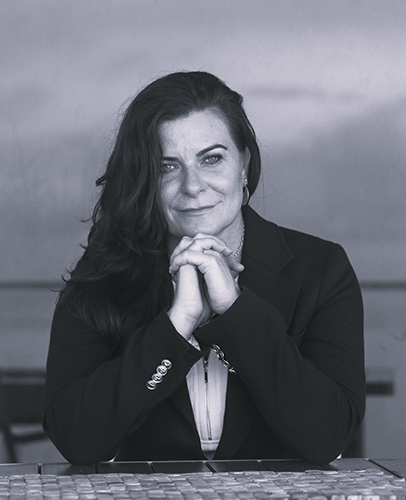
Prof. Shona Halson
Australian Catholic University
Brisbane, Australia
Read CV
Evaluation of Interventions to Maximise Adaptation and/or Restore Physiological Function After Exercise
The utilisation of recovery strategies post-exercise has become both a common and controversial part of an athletes training program. When recovery interventions are not implemented after training and/or competition, individuals will recover at their own rate following exercise. However, it is proposed that by introducing recovery strategies that aim to restore physiological function, the recovery process can be hastened. Recovery modalities also aim to influence various biomechanical, neurological and/or psychological domains, in addition to physiological and performance outcomes. While research investigating the effectiveness of recovery strategies is increasing, there is still significant variability in the amount and quality of evidence for many popular strategies. This session will highlight and outline the need for a discerning approach to the use of both acute and chronic recovery. The use of fundamental recovery strategies and key points to consider including type, timing and the desired outcomes of training to maximize both physiological function following exercise and long term adaptation to training will also be presented.
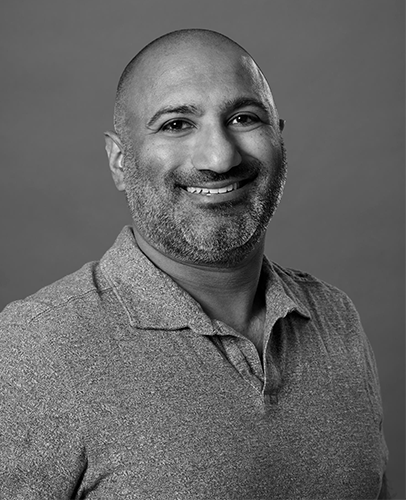
Dr. Ali Boolani
Associate Principal Scientist
Gatorade Sports Science Institute
Valhalla, USA
Read CV
Artificial Intelligence in Exercise and Sports Science: The reality, the hype, the promises and the pitfalls
ChatGPT’s release increased the attention of the role that Artificial Intelligence (AI) can play in our daily lives, including how AI can evolve Exercise and Sports Science. Although the use of advanced computational models is not new in the field of exercise and sports science, the increased focus has brought about significant advances, while also raising questions about the efficacy, promises and pitfalls of AI in the field. The purpose of this talk is to identify the differences between the reality and the hype of the use cases of AI in the field of exercise and sports sciences, from wearable technologies to marker-less motion capture, to data quality, interpretability and context, to the athlete digital twin. The talk will also help identify some promises and pitfalls of this technology, including ethical dilemmas.

We have some fantastic social programme planned for ECSS Glasgow 2024! Registration for these events will open mid-April. Enter your ECSS account, scroll down to the section 'myCongress' and click on 'myCongress Bookings' to register your attendance. Please note that registration is only open to people who have already paid the congress registration fee.
ECSS General Assembly
The ECSS General Assembly will take place on Tuesday, 2 July, 11:00-11:45 (BST). All ECSS members are invited to attend this session to be informed about the latest facts, figures and developments of the College.
Opening Ceremony
The Opening Ceremony will take place on Tuesday, 2 July, 18:00-19:00 (BST) in the Clyde Auditorium. The programme includes the GSSI Awards Ceremony as well as a warm welcome by the Lord Provost of Glasgow and a Scottish special programme from our local host! You do not need to register for this event.
Welcome Reception
The Welcome Reception will take place on Tuesday, 2 July, 19:00-20:00 (BST) in the SportEx in Hall 5, directly after the Opening Ceremony. Complimentary welcome drinks will be served. Only those who are registered can attend this event. Registration opens mid-April and is available until Friday, 31 May. Please enter your ECSS account, go to the section 'myCongress' and click on myCongress Bookings' to register for this event.
Bengt Saltin Run
We will run in the centrally located Kelvingrove Park on the morning of Thursday, 4 July at 07:00 (BST). Only those who are registered can participate in the charity run. Registration opens mid-April and will close as soon as the run is fully booked (max 300 participants) and no later than Friday, 31 May. Please enter your ECSS account, go to the section 'myCongress' and click on myCongress Bookings' to register for this event. Even if you are not participating, all runners will be delighted if you cheer them on at the start and finish line!
Uniting Excellence in Sport Science (UESS) Reception
The UESS Reception will take place on Thursday, 4 July, 20:00-22:00 (BST) in the Paisley Town Hall which is easily accessible via public transport. This is an invite-only event that celebrates sport science.
Closing Ceremony
The Closing Ceremony will take place on Friday, 5 July, 17:30-18:30 (BST) in the Clyde Auditorium. The programme includes the ECSS YIA Ceremony, a Scottish farewell and the official handover to the local host of ECSS Rimini 2025! You do not need to register for this event.
Civic Reception hosted by The Rt Hon The Lord Provost of Glasgow (representing ECSS Farewell Reception)
The Farewell Reception is hosted by The Rt Hon The Lord Provost of Glasgow and will take place on Friday, 5 July, 18:45-20:45 (BST) in the Glasgow Science Centre. Immediately after the Closing Ceremony (17:30-18:30 BST) we will walk to the venue (5 min foot walk). Complimentary welcome drinks and finger food will be served. Only those who are registered can attend this event. Registration opens mid-April and is available until Friday, 31 May. Please enter your ECSS account, go to the section 'myCongress' and click on myCongress Bookings' to register for this event.

Friday Night Party
This year’s Friday Night Party will take place on Friday, 5 July, 21:00-02:00 (BST) at Platform, straight after the Farewell Reception. Attendance is free of charge for all registered congress participants and a complimentary drink voucher will be provided at the entrance, but registration via your ECSS account is required. Registration opens mid-April and is available until Friday, 31 May. Please enter your ECSS account, go to the section 'myCongress' and click on myCongress Bookings' to register for this event. Time to party together in the European Capital of Sport of 2023!

Add a few days around your congress experience to explore what Glasgow, its suburbs and Scotland have to offer!
A place like no other, extend your stay in Scotland
Scotland is a place of epic natural landscapes, engaging cities and rich cultural heritage. Start your adventure and discover its hidden gems to create memories with friends and family. But do not just take VisitScotland’s word for it. Far North Scotland has been named as one of Lonely Planet’s Best in Travel destinations for 2024!
Whatever you need right now, VisitScotland will help you make it a reality. They cannot wait to share Scotland with you.
Discover more at VisitScotland
Explore Glasgow
Information on how to get to and around Glasgow can be found here. Also note our information on visa and travel information.
Glasgow is a vibrant and compact city with plenty to offer you outside of congress sessions.
The city has a range of cultural attractions including many museums and art galleries offering free entry, such as the stunning Kelvingrove Art Gallery and Museum and the award-winning Riverside Museum. Explore the works of artist and architect Charles Rennie Mackintosh, walk the city centre Art Mural Trail or take a stroll through one of the many parks and green spaces.
Glasgow is a UNESCO City of Music with over 150 live music events per week, plus a full calendar of other exciting events and festivals throughout the year. The food and drink scene offers something for everyone, from traditional whisky pubs to fine dining, in a variety of lively neighbourhoods including Finnieston (SEC), the City Centre, the West End and Merchant City.
Look forward to a warm welcome in a city voted ‘world’s friendliest city’ by Rough Guides.
If you’re extending your stay, Glasgow has excellent travel connections for exploring Scotland and an exciting selection of year-round tours leaving daily for the Scottish Highlands.
Take a look at the Visitors Guide to Glasgow by bus and City Sightseeing Glasgow to make sure you don’t miss out on the city’s best attractions. After some intensive congress days you may want to take advantage of various outside attractions such as bike or running tours, watersports and the West Highland Way to get you moving.
Take a look at these useful information and the Glasgow tourist information and plan your trip at peoplemakeglasgow.com.



